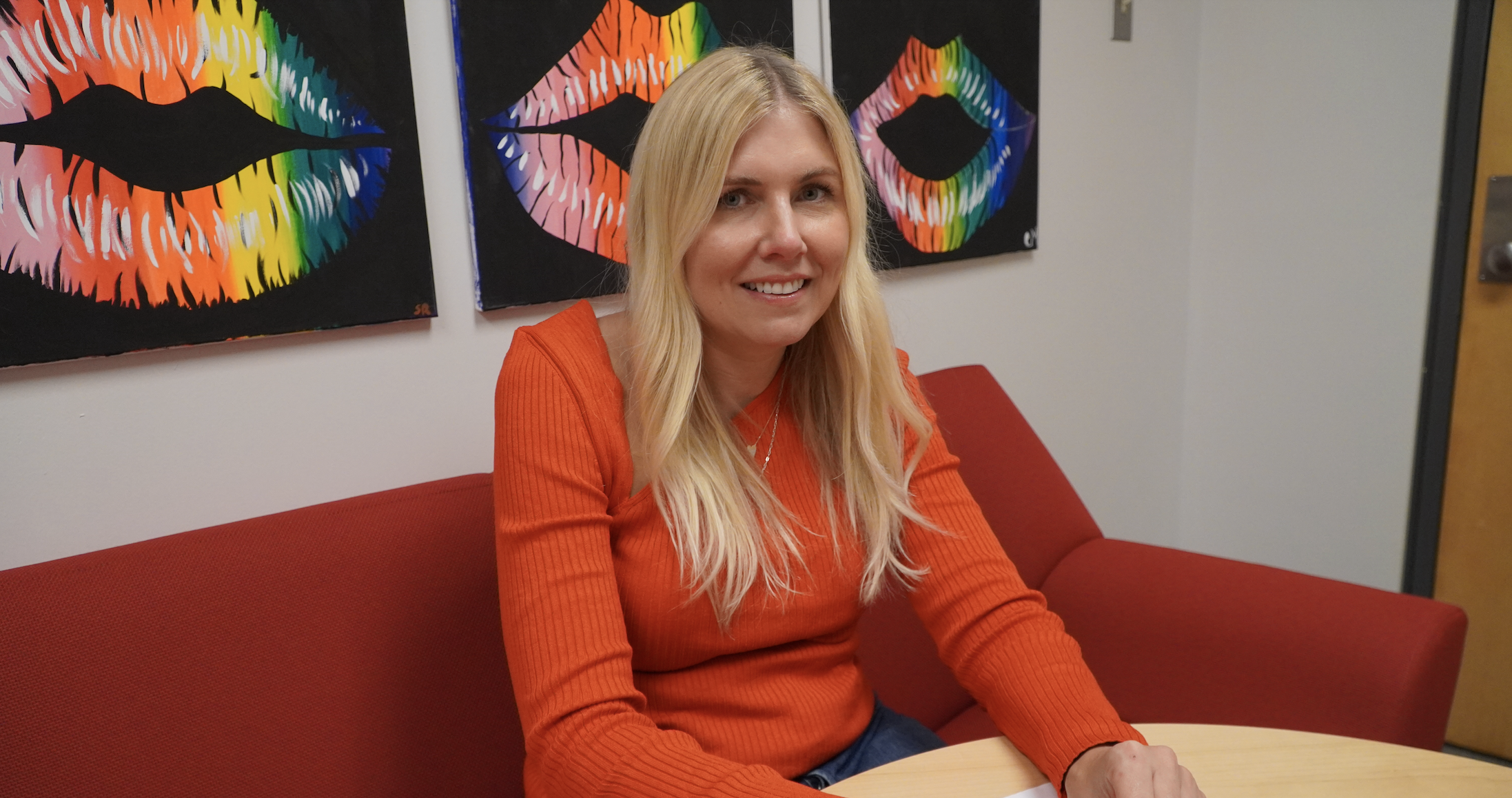
My love language is peer-reviewed research
York U professor Amy Muse debunks sex and relationship pop psychology, offers alternatives backed in science
Feb. 1, 2024, TORONTO – From the Five Love Languages to the concept of “Happy Wife, Happy Life,” popular culture is riddled with ideas of how sex and relationships are supposed to work, but does the science back these ideas up? According to Faculty of Health Assistant Professor and Research Chair in Relationships and Sexuality Amy Muise, the answer is frequently no.
Ahead of Valentine’s Day, Muise, also director of the Sexual Health and Relationship (SHaRe) Lab, can offer alternative theories that are supported by her research and other literature in the field.
Muise’s latest research debunks the Five Love Languages, offers ‘balanced diet’ metaphor as alternative
The Five Love Languages is the invention of Gary Chapman, a one-time Baptist minister who provided marital counselling to couples in his church and wrote a book based on his experiences. The theory goes that each of us has a primary love language – words of affirmation, quality time, receiving gifts, acts of service and physical touch – and problems arise in relationships when partners are speaking different languages.
Online dating sites encourage you to share your love language, 50 million people have taken the online test, and videos with the hashtag have half a billion views on TikTok – clearly, the concept has deeply ingrained itself in the popular imagination, but according to Muise’s latest review paper in collaboration with researchers from the University of Toronto, the theory doesn’t hold up.
“His work is based on a very religious traditional sample of monogamous, heterosexual cisgendered couples and it is all anecdotal. We were pretty skeptical of the claims made so we decided to review the existing evidence, and his idea that we all have one primary love language really isn't supported,” says Muise. “His measure pits the love languages against each other, but in research studies when they've asked people to rate each of these expressions of love independently, people tend to rate them all highly.”
Still, Muise sees why the concept has taken off. “It's something people can really grab onto in straightforward way and communicate something about themselves to their partner. But we would suggest that love is not a language that you need to learn how to speak but it's more akin to a nutritionally balanced diet, where partners need multiple expressions of love simultaneously, and that these needs can change over time as life and relationships evolve.”
Other research Muise has done similarly questions pop psychology concepts, exposing flaws along the way:
Happy Wife, Happy Life?
Muise and a group of international collaborators looked into the idea that it is women’s perceptions that are the barometer for the relationships, carrying more weight than men’s. In two studies looking at mixed gender couples, one examining daily diaries and the other looking at annual reports over five years, they found instead that both partners conceptions of the relationship were equally important.
“Based on our findings, we think it’s less ‘Happy Wife, Happy Life,’ and more ‘Happy Spouse, Happy House.”
Is unplanned sex hotter?
Not necessarily, says Muise. In research done last year with a York graduate student, Muise found that while many people endorsed the ideal of spontaneous sex, the researchers did not find evidence that people’s actual experience of sex was more enjoyable when not planned. If you are planning on sex this Valentine’s Day, Muise advises it might work out better to plan to have it before a big meal.
Is too much closeness bad for sexual relationships?
“In the research, we find couples who grow closer have more desire for each other, but we argue that what’s also needed for desire is otherness or distinctiveness,” she says.
“It’s important to bring new things into the relationship, find ways to see a partner in a new light. Novel experiences have been shown to increase desire in long-term relationships, so when making plans for Valentine’s day, doing something together that’s broadening or expanding can increase desire.”
